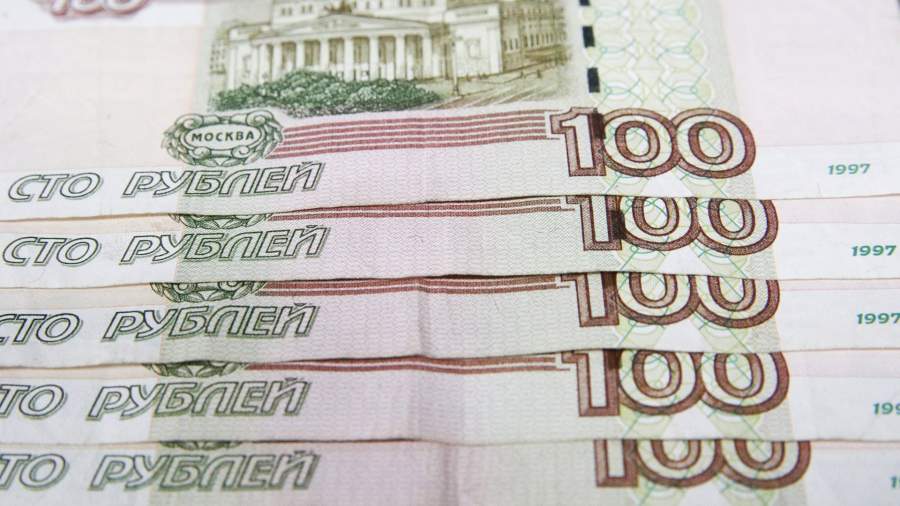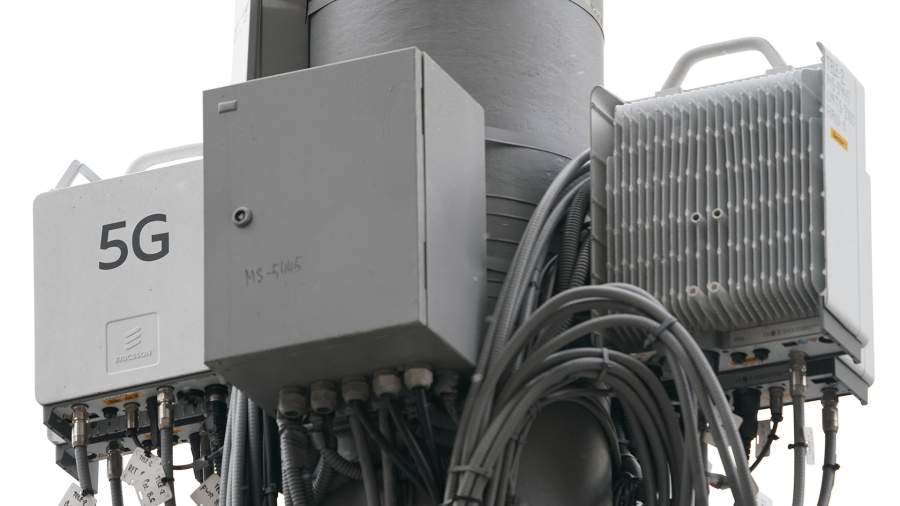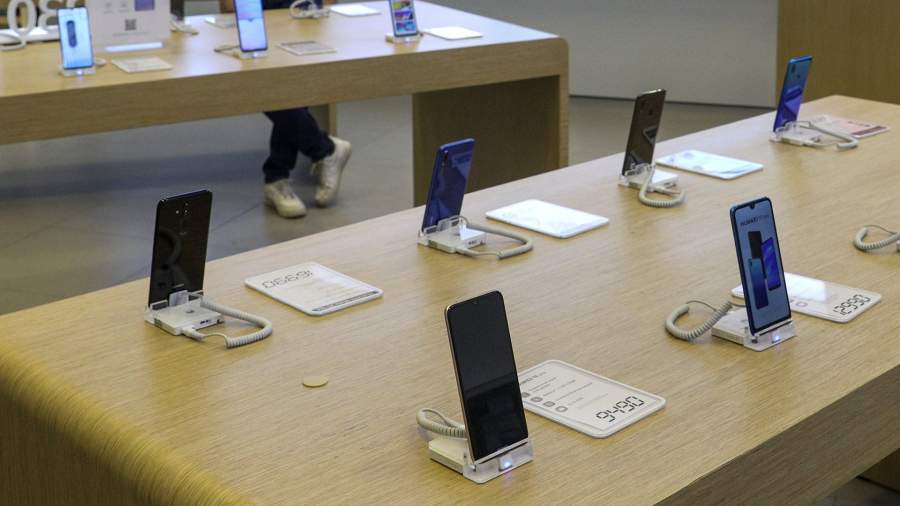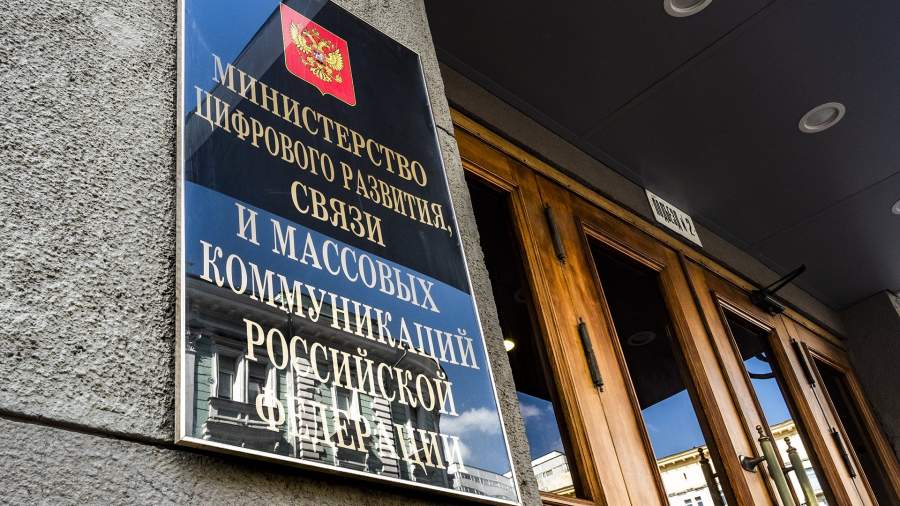This year, the Russians are expected to increase the cost of communication services. They may rise in price by about 15%, analysts say. Those who already sit on expensive packages will have to pay more. Those who use cheap tariffs will be lucky: regulators have already announced that there are no grounds for price increases and are monitoring the situation. Details – in the material “Izvestia”.
Table Of Contents
Internet, roaming and cloud
Prices for mobile communications in Russia in 2020 increased by 10%, and this year they can gain another 15-16% – this forecast was announced in the analytical agency Content Review. According to analysts, basic services will be the least affected, including voice calls and Internet at lower price points. And in the segment of tariffs of the middle and high category (500-900 rubles), the rise in price will be more noticeable. Also in 2021, they predict an increase in prices for additional services of operators, for example, for cloud storage of data, distribution of the Internet to other devices for tariffs with unlimited Internet and international roaming.
– The rise in the cost of communication services will occur in the corridor of 10-15% of current prices, and first of all it will affect subscribers using average cost tariff plans in the range from 500 to 700 rubles, – believes Vadim Bolshakov, head of development at ATOL.
Experts also point out that all operators are gradually moving to a subscription format – that is, subscription rates that include minutes, the Internet, a certain amount of SMS, as well as third-party services, which also provokes an increase in the cost of communication services.
– The last revolution of tariffs took place according to the scheme of the actual transfer of everyone from per minute to subscriber tariffs, which led to an increase in payments for services. This time, subscriber tariffs will become subscription tariffs, – said Vitaly Mankevich, President of the Russian-Asian Union of Industrialists and Entrepreneurs. According to his estimates, the real growth of tariffs will most likely amount to 7-10%, but it will be most noticeable in the 400-700 category, here it may even exceed 10%.
5G and traffic
One of the factors behind the upcoming price increase, analysts say, is the introduction of 5G networks, due to the high costs of operators on infrastructure. As previously calculated in the analytical company PwC, each Russian mobile operator will have to invest 130-165 billion rubles in the development of 5G networks in the period from 2020 to 2027.
– Unlike other countries, where, when switching to new communication protocols, operators can buy the equipment necessary for the deployment of networks by clubbing, each operator independently provides coverage, and joint cells can be installed only in places with a huge presence of subscribers, says Bolshakov.
Leading analyst at Mobile Research Group Eldar Murtazin named another reason why mobile communications and the Internet in Russia are becoming more expensive from year to year. According to him, you have to pay for communication more and more, because the traffic consumed by customers is constantly increasing.
– Communication today is determined by the traffic packet. On average in Russia, a subscriber begins to consume twice as much Internet traffic year to year, – the expert explained. One of the main traffic eaters is high definition video, which requires more and more gigabytes.
Pandemic and dollar exchange rate
Analysts cite the coronavirus pandemic as another reason for the rise in prices for mobile services, due to which operators had to increase their costs. So, the pandemic ate offline sales in the traditional store format.
– In the midst of the pandemic, the traffic in the official stores of operators, where not only SIM cards are issued, but also sales of phones, modems, other products and services of operators, have dropped significantly. It is not yet entirely clear when these stores will be able to reach pre-quarantine capacities and the loss of revenue from this direction will be gradually compensated by an increase in the cost of communication services, says Bolshakov.
The culprit of the potential rise in prices and the dollar exchange rate, which directly affects the final cost of telecommunications equipment.
– This year, operators had to urgently upgrade their networks against the background of self-isolation – a huge load fell on the networks in residential areas of cities, which required an immediate increase in technical capacity in these locations, – explains the expert.
According to observers, a reduction in operators’ roaming revenues and a drop in profits from corporate clients will most likely lead to the monetization of certain services.
– Probably, in order to maintain customer loyalty, tariffs will not change in the near future. But the process of phased closure of old tariffs will continue. Taking this into account, we expect that the cost of basic services will remain. Slightly, within 5-15%, package tariffs with a wide range of options may grow, – believes Evgeny Mironyuk, an analyst at Freedom Finance.
Will follow
The operators themselves are so far restrained in their statements. As noted in Yota, the operator focuses on the market situation and accompanying economic factors. “Now we are assessing the need to change prices for services,” the press service of the company said.
Meanwhile The possible increase in prices for cellular communications in January 2021 has already been commented on by the Ministry of Digital Development, Communications and Mass Media. As Oleg Ivanov, the deputy head of the Ministry of Digital Industry, emphasized, at the moment there is no reason to increase tariffs for cellular communications.
Ivanov recalled that in Russia mobile operators are required to inform their subscribers in advance about changes in tariff plans. In particular, this information should be posted on their official websites. But no notice of tariff changes has yet been published. In addition, all significant increases in tariffs are coordinated with the Federal Antimonopoly Service. And the operators did not submit applications for approval of tariffs to the FAS, the Ministry of Digital Industry noted.
The FAS, in turn, said that they conduct weekly monitoring of prices for communication services… The regulator stressed that it sees no reason to increase tariffs for communication services by 15% in 2021. And if it detects an economically unjustified increase in prices, then it will take anti-monopoly measures.



